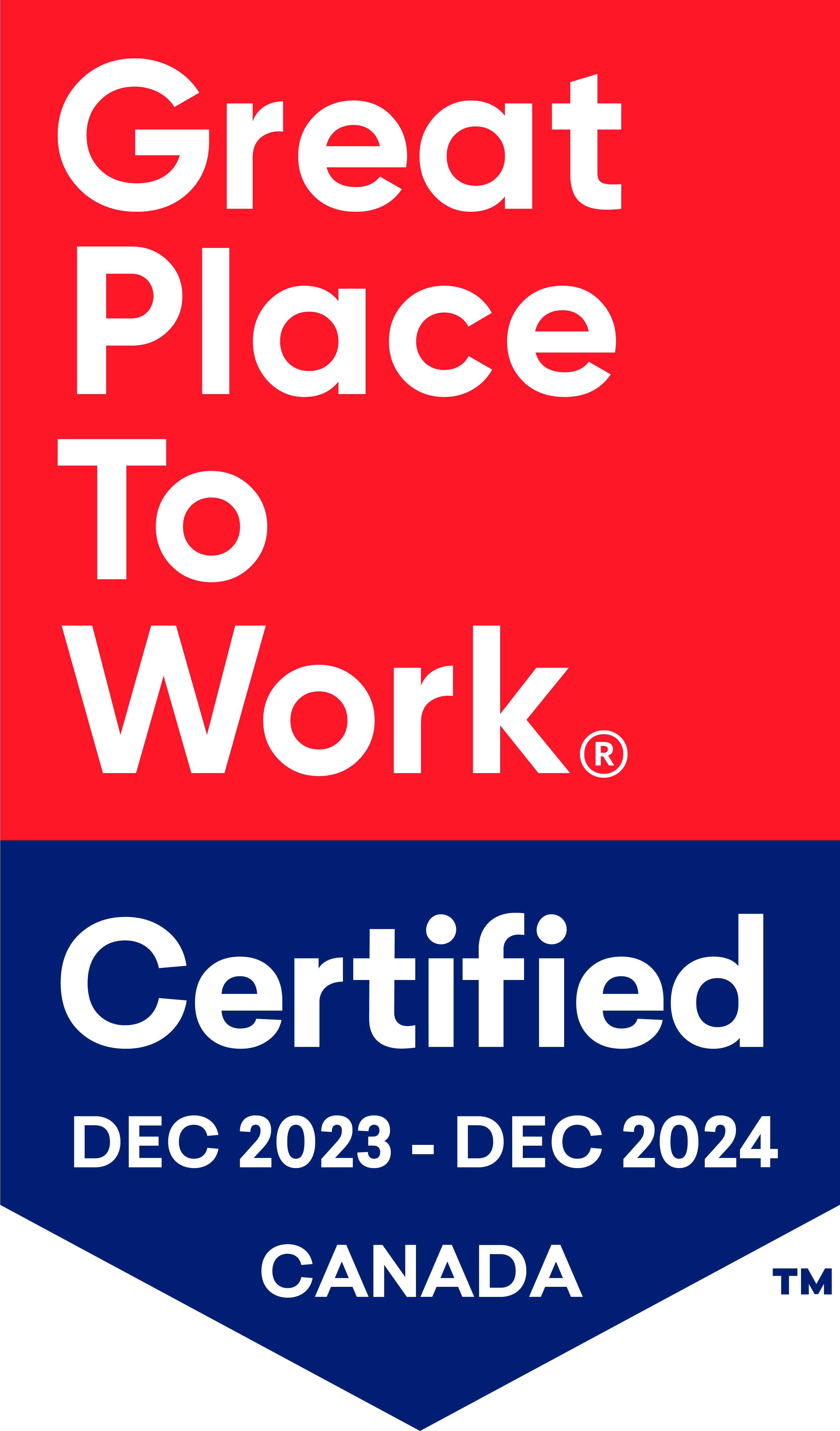Communication Skills and Your Resume

Want to add communication skills to your resume, but you’re not sure what else to say besides “I’m an effective communicator?”
Read on for ideas and examples!
Good communication helps in workplaces and relationships. It’s not just talking—how you move, listen, and deal with problems also matters. Improving your communication means working on each part… even good communicators can get better!
Keep in mind that different people across different cultures have varying ways of communicating. It’s important to adapt how you talk to fit the situation!

Here are four different communication styles, and examples of each!
Verbal Communication
- Speaking Clearly: Say words right and slowly if needed.
- Tone of Voice: How you speak affects how others feel.
- Active Listening: Listen well and understand the message.
- Empathy: Understand others’ feelings and communicate your understanding.
- Being Clear and Brief: Say important things clearly and concisely.
- Confidence and Assertiveness: Speak firmly and confidently.
- Using Humour: Make others laugh when needed! A bright smile from a friend or co-worker can make the day much better.
Non-verbal Communication
- Body Language: How you move shows how you feel.
- Eye Contact: Looking at others shows interest.
- Facial Expressions: Faces show feelings, be mindful of the faces you make.
- Posture: How you sit or stand tells something (i.e., leaning back with arms crossed might mean nervous or unhappy, while sitting upright/leaning forward with uncrossed arms might mean happy and attentive).
- Gestures: Using hands to express thoughts and ideas.
Written Communication
- Spelling and Grammar: Write clearly and double-check your work for errors.
- Being Clear and Short: Use fewer words.
- Understanding Different Styles: Write differently for different people, and different situations.
- Knowing Your Audience: Who are you writing for? A manager? A co-worker? A friend? Write what they need.
- Persuasion and Influence: Write to make others interested in what you are sharing.
Interpersonal Communication
- Solving Conflicts: Fix problems peacefully.
- Negotiating: Settling things fairly.
- Networking: Making connections with others.
- Building Relationships: Making good connections.
- Giving Feedback: Helping others improve in a kind and respectful way.
- Understanding Different Cultures: Being sensitive to others’ beliefs, values, and cultures.
Does any of this sound familiar? Do any of them sound like skills you use daily?
Excellent! Feel free to copy-and-paste the communication terms above and work them into your resume to replace that “effective communicator” bit!
Improving communication helps in both work and life. Keep on practicing and keep on getting better!

Here’s some more information on each of the four communication styles!
Indeed is a job seeker’s website with job postings from across the world. This article is all about verbal communication, with 10 ways to improve its effectiveness.
HelpGuide has various topics to learn about from mental health, to family, to social communication. This article speaks more on the details of non-verbal communication with examples and type definitions.
The Soft Skills Group provides an article specifically on the details of the importance of written communication in work and business. They provide examples and definitions to common written communication terms.
Corporate Class Inc., has a great article on interpersonal communication skills and how they apply to you and your workplace. They speak on their top 4 interpersonal communication skills and provide breakdowns of each one, with visual examples to accompany them.
